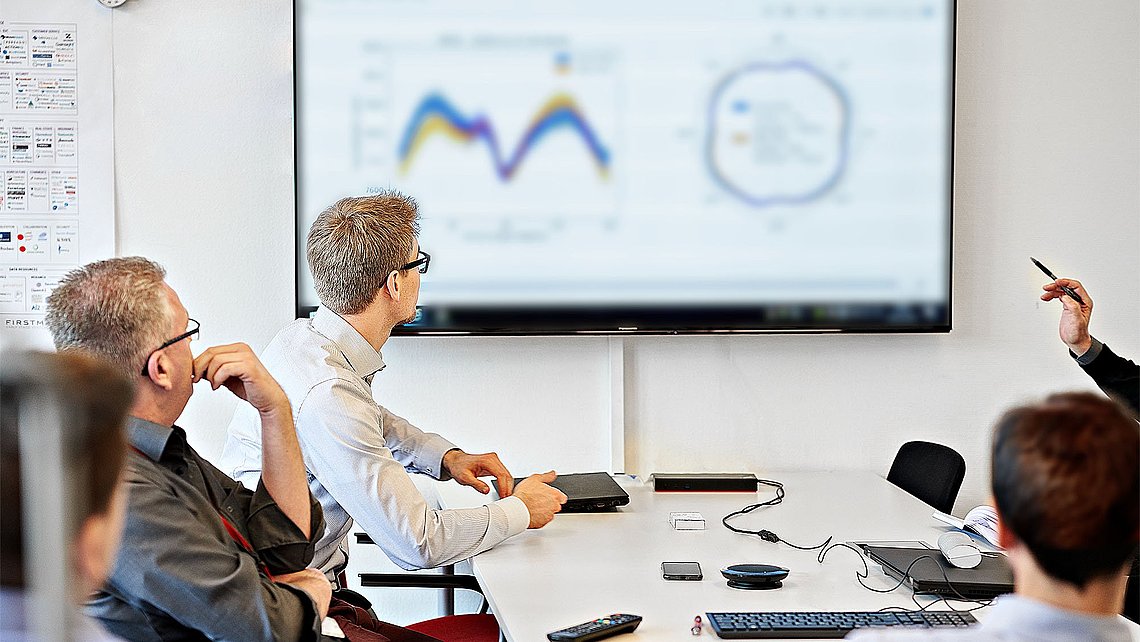The EU taxonomy makes proof of sustainability activities mandatory for companies active on the capital market from 2023. Digital tools that provide a sound basis for sustainability strategies are not only essential for these companies. They supply extensive information on the current status, monitor and optimise energy-related processes such as production, heating, cooling or lighting, and ensure that successes in sustainability are measurable.
“Commercial buildings in particular are places where intelligent technologies provide considerable reductions in climate emissions,” affirms Alvise Vianello, Business Developer Manager Körber Technologies S.p.A. “A digitally controlled energy management system provides maximum transparency in equipment and building usage and allows instant intervention in the event of abnormal consumption.”
Integrated software solutions such as d.BMS consolidate and analyse all data and information sources, thus simplifying sustainability management considerably. Insightful reports showing all key information in detail can be viewed at the click of a mouse. “To achieve this, d.BMS merges all relevant energy users into an integrated unit that can be operated, analysed and controlled centrally,” explains Vianello. “Transparency into consumption and other measured values serves as the basis for optimisation measures and, consequently, for significant reductions in energy usage and emissions.” d.BMS reduces operating costs by allowing equipment, lighting, air conditioning or heating to be controlled in such a way that they are only used where they are needed. Another positive effect, according to Vianello, is increased productivity. “Intelligent buildings and optimally managed rooms have been shown to improve employee well-being. The right environmental conditions for air, temperature or lighting ensure optimised production conditions, which are directly reflected in a plant’s productivity.”


![[Translate to English:] [Translate to English:]](/fileadmin/_processed_/2/f/csm_image-dig-sustainability_439d2f3cb9.jpg)
